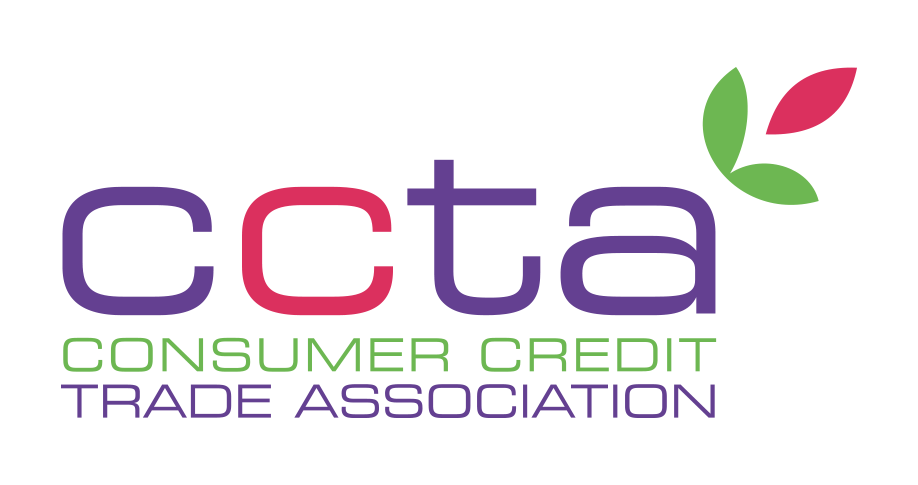12 Common Finance Terms Everyone Should Know
Finance can be daunting; the seemingly complex world of credit, loans and interest rates can be a challenge to tackle. However, understanding the basics of personal finance can be an immense help, as it is crucial to be financially literate in today's modern, money-driven world. Below are some common finance terms everyone should know…

1. Bankruptcy
In the instance where an individual, or company, cannot pay back what they owe on existing debt, they can choose to declare bankruptcy; it is a legal procedure in which the individual is defined as unable to pay their debt. Declaring bankruptcy can severely damage future possibilities of obtaining credit.
2. Broker
A broker is a financial professional who does not provide credit facilities or loans, but who works with lenders (see below) to source a suitable credit facility for you. For example, Aspire Money is a broker and not a lender.3. Budget
A budget is a spending plan which you can use to get a better idea of your income, expenses and expenditure; it allows you to set out your income and expenses for every month of the year (you can even go week by week!) so that you know exactly what is coming in and where your money is going; by laying out your monthly or weekly finances, you can better control your money - and maybe even start saving!4. Credit Score
Your credit score comprises a three digit number calculated on your credit report by organisations such as ClearScore, Experian and TransUnion; your rating is based on how well you have paid off past or existing debt, as well as any current debt you have; credit lenders use this score to evaluate your risk during a credit application, such as a loan or a credit card - the better your credit score, the more likely you are to be approved for credit applications.
5. Debt
Debt is created in your name when you borrow and spend money that is not yours, such as when you borrow from a bank, take out a loan or get a credit card; debt is often a necessary tool (unless you are extremely wealthy!) used to build a credit score (see above).
There is good and bad debt - good debt is created when you borrow money for things that are absolutely necessary, like purchasing a home, or for things that will improve your earning potential, like for educational purposes; bad debt is created when borrowed money is used for items like clothing, expensive holidays, or food.
Debt management is an instance in which a debt management company will negotiate with companies you have borrowed money from to bring your monthly repayments down to make them more affordable.
6. Inflation
Inflation is the gradual increase of the cost of products, goods and services over a period of time. The inflation rate can affect interest rates (see below) - the higher the inflation rate, the more likely interest rates will increase because credit lenders will require higher interest rates as compensation for the loss of purchasing power for money they will receive in the future.
7. Interest
Interest is what you pay a credit lender when you borrow money from them, over and above the actual amount of money you borrowed and need to pay back; interest is also what you earn on savings or investments.
An interest rate is the rate charged by a lender and can either be fixed, which means it does not change, or it can be variable, which means it can fluctuate during the term (see below); your credit score (see above) can also play a part in determining your interest rate.
Simple interest is a type of interest charged which is based only on the principal amount borrowed; compound interest is another type of interest charged and it is based on both the principal amount and the interest the principal amount accumulates over time.
8. Lender
A credit lender is a company or organisation who provides credit facilities such as loans and credit cards. Brokers (see above) will work with lenders to find a suitable credit facility for a borrower.
9. Loan
A loan is a lump sum of money provided to you, and therefore borrowed by you, by a lender (see above).
A personal loan is a type of loan which you pay back in monthly instalments, or repayments (see below). It is usually unsecured, which means that it is not backed by a collateral such as a house or car.
A homeowner loan is a type of loan taken out to purchase a house which is paid back in monthly repayments. It can also be unsecured.
A short term loan is another type of loan that has a much shorter repayment time, often less than a year. These loans are unsecured
A guarantor loan is a loan taken out by two people; if a borrower cannot obtain credit due to a poor or limited credit score, or for other financial reasons, a guarantor can back their application. This means that the guarantor accepts financial liability for that loan in the case that the borrower cannot or does not make their monthly repayments.
A payday loan is a type of small short term loan. It can also be considered a cash advance and is often used by people who experience unexpected financial obligations during the month and who are thus short of money; though it is known as a payday loan, it is not necessarily linked to a borrower’s ‘payday’ and can be taken out any time of the month.
10. Repayments
Repayments are the monthly instalment amounts a borrower pays to a credit lender or organisation from which they have borrowed money. These amounts are stated at the start of the loan and are calculated according to the amount borrowed, interest rates and the term (see below) of the credit agreement. Debt management (see above) companies can negotiate on behalf of a borrower to bring these amounts down if a borrower is experiencing trouble making their repayments.
11. Term
Term refers to the length of a financial or credit agreement, specifically the amount of time it will take a borrower to pay off the total amount payable (see below).
12. Total Amount Payable
The total amount payable on a loan or credit card refers to the entire amount borrowed and any interest or fees charged which a borrower must pay when borrowing money or opening a credit facility.

